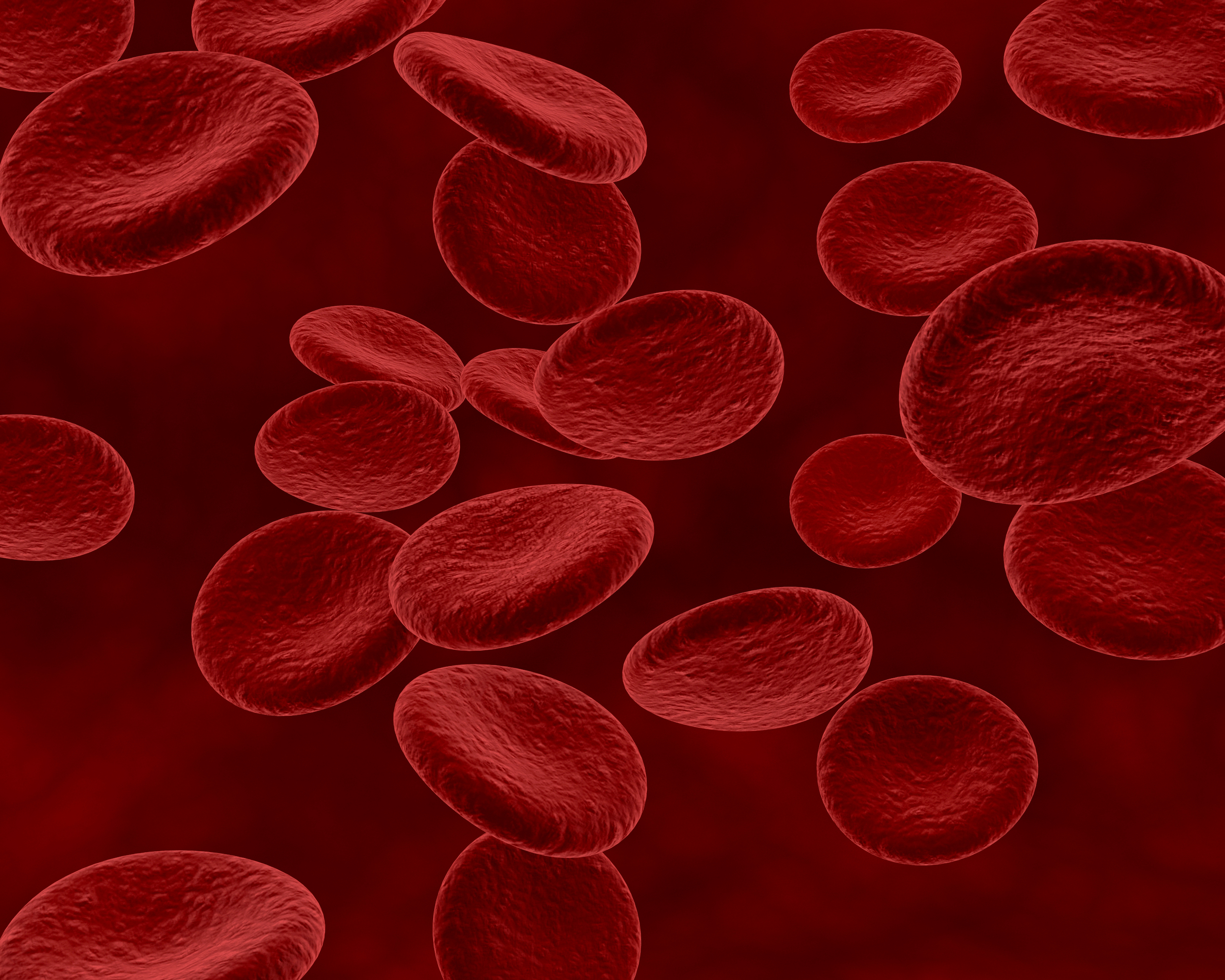

Cancer cells release tiny packets of molecular cargo that lay the groundwork for metastasis at distant places in the body.
Messenger particles released by leukemia cells traverse a route to distant places, where they release molecular cargo that builds the framework for the spread of the blood malignancy.
The findings from KAUST animal and cell research, published in Frontiers in Cell and Developmental Biology, help explain one of the drivers of cancer spread. Furthermore, they point to a potential therapeutic method for slowing the course of leukemia.
The researchers demonstrated that, like leukemia cells, tiny packets of molecular cargo shed from the cells’ surface rely on an adhesion molecule called E-selectin to adhere and migrate to tissues throughout the body.
These exosomes include genetic material and signaling proteins that can promote cancer development and survival by influencing changes in the receiving cells. However, they can only do so if the surface proteins on the exosomes are coated with a complex sugar molecule known as sialyl Lewis X.
With this adornment, “leukemic exosomes act as a kind of blueprint to altering the foundations in a way that makes the environment more friendly for future metastasis,” says Ioannis Isaioglou, Ph.D. student and the first author of the study.
Exosomes, however, cannot convey the information required to enhance cancer-fueling gene expression in recipient cells without it, according to Isaioglou and his colleagues, and an antibody medication that blocks E-selectin function has the same impact. In mice, such a medication therapy prevented leukemia cells from taking root in the spleen and spine, both of which are frequent locations of leukemia spread.
This points to the potential importance of focusing on exosomes as a way of reducing metastasis,” says cell biologist Jasmeen Merzaban, who led the research project as part of a collaboration with KAUST bioengineer Khaled Salama and microscopist Satoshi Habuchi.
Notably, a medication candidate termed Uproleselan, a small molecule inhibitor of E-selectin, is currently in late-stage clinical trials for patients with advanced leukemia. Earlier trial findings was encouraging, and Merzaban’s team’s laboratory results may assist to explain why the medicine appears to be helping patients live longer lives.
The study also documented a flexible feature of exosomes. Though long thought of as passive delivery vehicles, exosomes can actually change what contents they distribute depending on what molecules they bind to on target cells. “This is the first time research has shown exosomes to have such a dynamic role in transporting cancer communications to new locations,” Merzaban says.
Given the essential functions that exosomes play in disease progression, she believes that sophisticated function merits more consideration.
more recommended stories
 Tuberculosis Breakthrough with Experimental Antibiotics
Tuberculosis Breakthrough with Experimental AntibioticsKey Takeaways Experimental antibiotics disrupt a.
 National Healthy Longevity Trial Receives Federal Support
National Healthy Longevity Trial Receives Federal SupportKey Summary Up to $38 million.
 Red Blood Cells Improve Glucose Tolerance Under Hypoxia
Red Blood Cells Improve Glucose Tolerance Under HypoxiaKey Takeaways for Clinicians Chronic hypoxia.
 Nanoplastics in Brain Tissue and Neurological Risk
Nanoplastics in Brain Tissue and Neurological RiskKey Takeaways for HCPs Nanoplastics are.
 AI Predicts Chronic GVHD Risk After Stem Cell Transplant
AI Predicts Chronic GVHD Risk After Stem Cell TransplantKey Takeaways A new AI-driven tool,.
 Red Meat Consumption Linked to Higher Diabetes Odds
Red Meat Consumption Linked to Higher Diabetes OddsKey Takeaways Higher intake of total,.
 Pediatric Crohn’s Disease Microbial Signature Identified
Pediatric Crohn’s Disease Microbial Signature IdentifiedKey Points at a Glance NYU.
 Nanovaccine Design Boosts Immune Attack on HPV Tumors
Nanovaccine Design Boosts Immune Attack on HPV TumorsKey Highlights Reconfiguring peptide orientation significantly.
 High-Fat Diets Cause Damage to Metabolic Health
High-Fat Diets Cause Damage to Metabolic HealthKey Points Takeaways High-fat and ketogenic.
 Acute Ischemic Stroke: New Evidence for Neuroprotection
Acute Ischemic Stroke: New Evidence for NeuroprotectionKey Highlights A Phase III clinical.

Leave a Comment